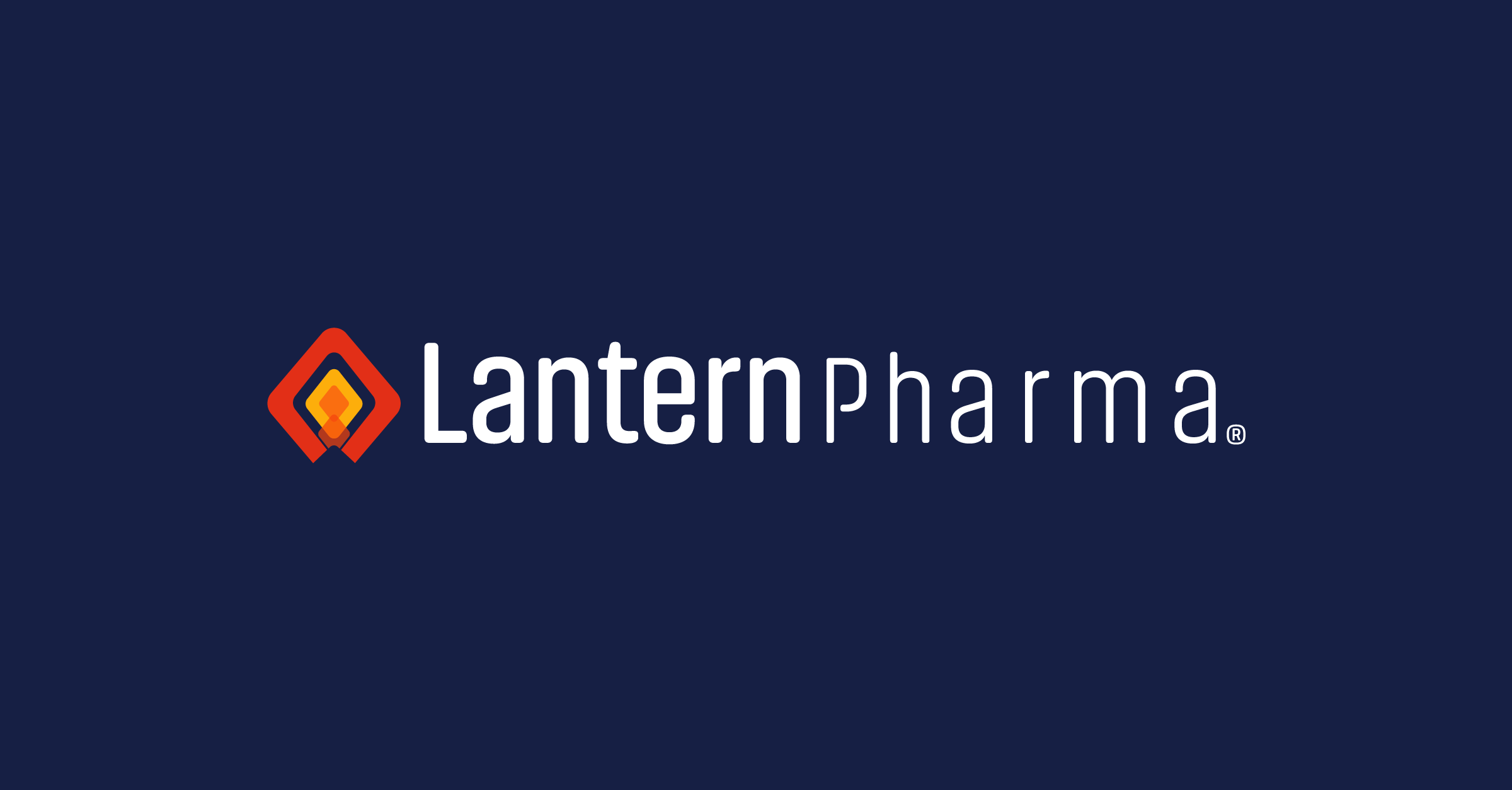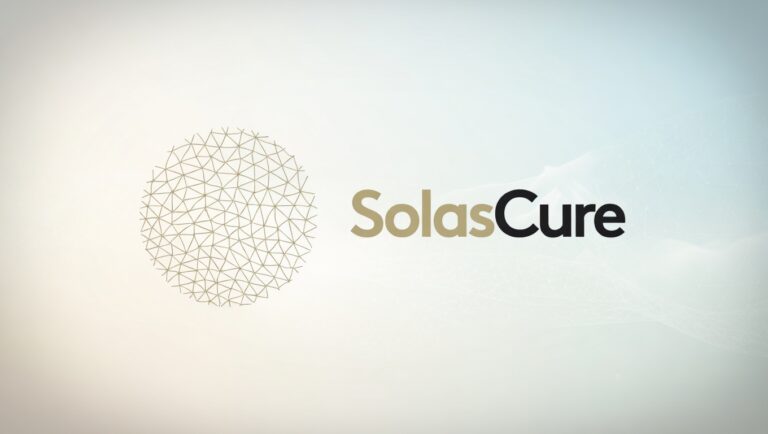
Lantern Pharma Inc. (NASDAQ: LTRN), an AI-driven company developing targeted cancer therapies through its proprietary RADR® AI platform, announced today the enrollment and dosing of the first patient in Taiwan for its Phase 2 HARMONIC™ clinical trial. The trial is evaluating LP-300 in never-smoker patients with non-small cell lung cancer (NSCLC) who have progressed after treatment with tyrosine kinase inhibitors (TKIs).
Lantern Pharma Inc. (NASDAQ: LTRN) has announced the enrollment and dosing of the first patient in Taiwan for its Phase 2 HARMONIC™ clinical trial. This trial is investigating the effectiveness of LP-300 in never-smoker patients with non-small cell lung cancer (NSCLC) who have relapsed after treatment with tyrosine kinase inhibitors (TKIs). Taiwan’s inclusion in the trial is significant, as it has a notably high proportion of never-smoker NSCLC patients, with more than half of all new lung cancer diagnoses in the region occurring in individuals who have never smoked.
Dr. Gerrit-Jan Liefers, MD, Ph.D., a lead investigator, highlighted the challenges faced by patients with HR+, early-stage breast cancer, particularly regarding the tolerability of primary adjuvant endocrine therapy. By identifying patients at minimal risk of distant recurrence, the goal is to reduce unnecessary treatment and offer a more personalized approach.
The HARMONIC™ trial has already shown promising results in its initial safety lead-in cohort, with an 86% clinical benefit rate and 43% objective response rate among the first seven patients. The trial is now expanding its reach into Asia, with ongoing screening in both Japan and Taiwan. Lantern Pharma expects accelerated enrollment in this region due to the significant need for new therapeutic options for never-smoker NSCLC patients.
The Phase 2 HARMONIC™ trial aims to enroll up to 90 patients, divided into two treatment arms. The LP-300 arm will include 60 patients receiving the drug in combination with chemotherapy, while the standard-of-care (SOC) arm will have 30 patients receiving chemotherapy alone. Initial results from the trial’s lead-in cohort can be reviewed in earlier press releases by Lantern Pharma, with interim data on progression-free survival (PFS) and overall survival (OS) expected after 30 clinical events.
LP-300 is an investigational small molecule with a multimodal mechanism of action targeting tyrosine kinase receptors and cell redox enzymes. It is designed to engage tyrosine kinase oncogenes, such as EGFR, ALK, ROS, and MET-1, which are more commonly mutated in never-smoker lung cancer patients. Preliminary data suggests that LP-300 may offer therapeutic benefits for these patients, whose lung carcinomas typically have a higher percentage of tyrosine kinase mutations compared to those in smokers.
Lantern Pharma’s innovative use of AI through its RADR® platform has helped advance its pipeline of targeted therapies for multiple cancer indications. Their lead programs include both Phase 1 and Phase 2 trials for various cancer types, as well as an antibody-drug conjugate (ADC) program. By leveraging AI, Lantern Pharma has reduced the time and cost of developing therapies, bringing them from initial AI insights to clinical trials in just 2-3 years and at a significantly lower cost per program. The company’s pipeline has an estimated market potential of over $15 billion USD annually, with the potential to deliver life-changing therapies for cancer patients worldwide.




